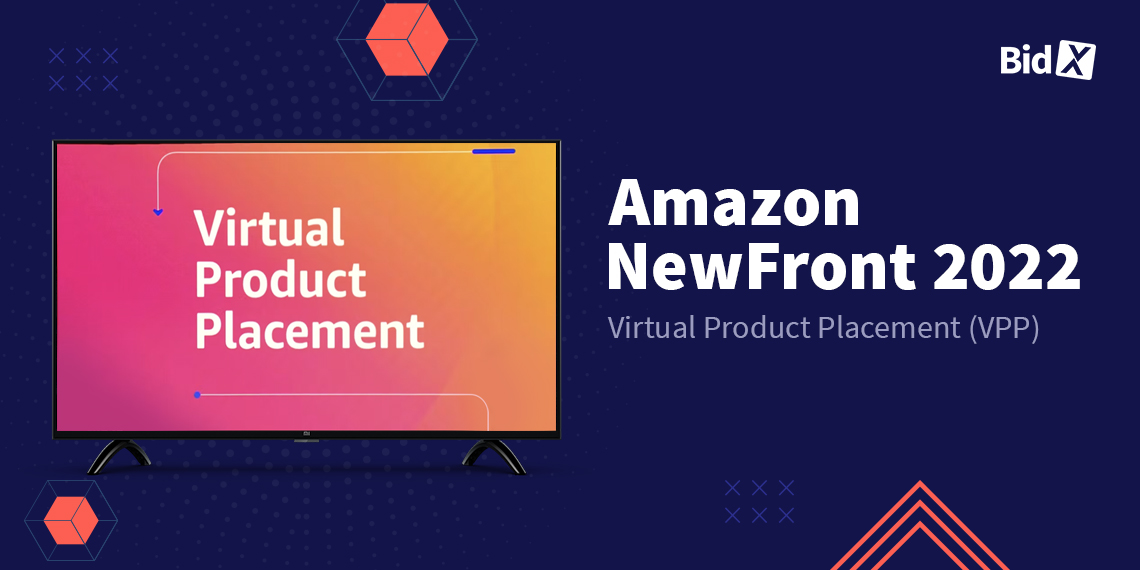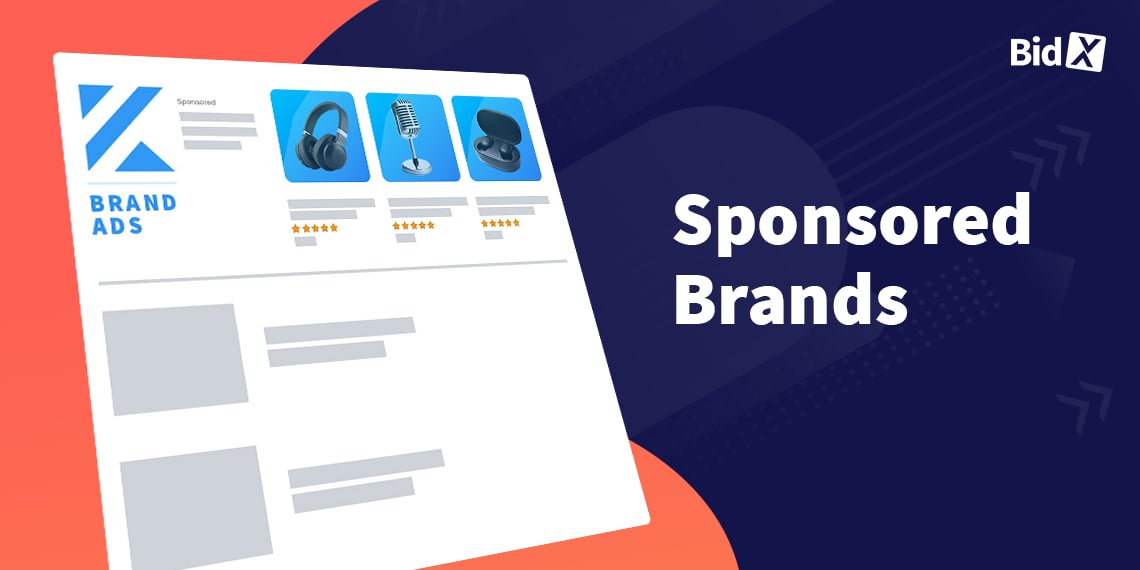Starting an Amazon Private Label Business
If you’re looking to make money online, there are several ways to do it. One of the best approaches is to be an Amazon Private Label Seller.
What is private labeling? How does it compare to other business opportunities like retail arbitrage, dropshipping, and wholesale?
All of these questions will be answered here. We’ll walk you through the whole process, from beginning to end, so you can decide if this business model is right for you!
What Is Private Label?
Private label means buying products manufactured by another company to sell under your company's name and brand. For instance, you approach a toy maker and have them place your brand name and logo on the labels of their teddy bears.
In some cases, private label products are made by a company with their name or brand printed on them. Examples are the iPhone made by Apple Inc. and Coca-Cola® soda made by The Coca-Cola Company®.
Private Label: Advantages And Disadvantages
Getting into the eCommerce industry has never been easier, thanks to technology.
Are you seriously considering private labeling?
If so, then you should know what to expect when you go down that road.
The Pros
- Building and nurturing your brand is one of the best investments you can make for a solid and stable business.
- The market for private label products is growing faster than any other category in retail right now because people want quality but also something unique enough that they can't find elsewhere.
- When you’ve established your own brand, you'll be an expert in marketing it and reaching new customers who don't know where else to buy what you're offering.
- High margins and more control over product quality and customization.
The Cons
- Higher upfront investment in pre-production research, manufacturing (to create the first batch), shipping, and launching.
- Finding a reliable and trustworthy supplier takes time and involves risk.
- Inventory management can be challenging during unforeseen circumstances, like the COVID-19 pandemic.
- Requires dedicating time to customer service.
Private Label Vs. Retail Arbitrage
Third-party manufacturers produce private label products, which retailers sell under their own brand.
Retail arbitrage, on the other hand, entails finding popular products from one store (such as Walmart or Target), buying them in bulk at low prices, and then reselling them on another place (like Amazon) for a profit.
One of the advantages with retail arbitrage is your ability to take advantage of trends in real-time. It’s almost impossible to do that with private labeling where manufacturing, packaging, and shipping are involved.
However, margins are slim when doing retail arbitrage because you’re essentially competing with other stores selling the same product and brand. Therefore, you are all battling on price point alone. Consequently, you require a high volume to make any real money.
With private label products, you have the freedom to mark up as high as you can while staying competitive. In addition, you have more control over product quality whether or not you manufacture it.
When choosing between these two options, consider your strengths and weaknesses as well as the risks involved.
If you’re adept at inventory management and sourcing products locally, then retail arbitrage may be more suitable. It’s also a better choice when you have a small starting capital.
But if you prefer to work primarily with branding or product development while delegating logistical tasks to others, then private labeling is your perfect match.
Private Label Vs. Dropshipping
There are a few key differences between private labeling and dropshipping.
Dropshipping is selling products without ever handling or owning them. Instead, you just accept orders and forward them to your supplier, who will ship the items directly to your customers.
These are the advantages of this retail business model over private label:
- No upfront investment; you pay only when an order comes through.
- No need for storage space or inventory management.
- No time or resources invested in creating your own product.
- No financial risk in manufacturing errors or problems.
- No skills required to create your own online store website — simply sign up for an account on dropshipping platforms, e.g. Shopify, Spocket, BigCommerce, Squarespace, or WooCommerce.
But like any system, dropshipping does come with disadvantages:
- Little control over markup pricing and product quality.
- Profit margins tend to be lower.
- Suppliers may offer little (or zero) flexibility in customizing orders.
- Sometimes, you'll have to wait at least 30 days before getting paid.
- Because you’re not doing the fulfillment, you have no control over customer experience.
- You don’t get to enjoy selling your own branded products, which are the foundation of a lasting enterprise.
Notice that these downsides are addressed by private labeling. If you want more control over how your business operates and what customers receive from you, then going the private label route might be a better choice.
Private Label Vs. Wholesale
As you already know, private label products are produced by a manufacturer and sold under a retailer's brand.
In comparison, wholesale involves purchasing large quantities of branded goods from their respective companies. You buy the items at wholesale prices and sell them at retail with the full knowledge and consent of the owner.
Both business models take more time, money, and effort to launch and operate than retail arbitrage and dropshipping, but wholesale can be done faster than private label. That’s because the products are already done and packaged, so the legwork largely involves searching for the right company to approach.
The main attraction of wholesaling to sellers is being able to markup by as much as 50%, especially if the products carry an established brand with a loyal following. Plus, you have the freedom to run promotions like special discounts and bundled items.
While you enjoy the same benefits with private label products, one major advantage of wholesale is the opportunity to diversify your offerings. You're not limited to just one product or product line like you would often be if you were producing your own.
So which of the two is more profitable? The answer depends on your business inclinations. For sure, both require hard work and dedication, so your decision hinges on the kind of work you’re willing to do.
If you’re the type of entrepreneur who succeeds in partnerships, then wholesale would be a great choice. On the flip side, if you’d rather be on your own, choose private labeling instead.
Are you ready to take the plunge?
Very well, the next step is to find the best marketplace to sell your private label products. Hands down, most sellers swear by Amazon. And we agree. The shopping community on Amazon is also a captive market, meaning they visit the site primed to buy.
Almost 60% of items sold on the platform are from third-party sellers. Many get their products manufactured specifically for the Amazon marketplace through private labeling.
Selling Private Label Products On Amazon
Selling your own private label products on Amazon can be incredibly profitable if done right.
Here's a step-by-step guide to getting started:
Step 1: Research your products and find a niche market
Because Amazon is an independent platform, you would need to conduct your search within its confines. The benchmarks you should use are the behavior patterns of Amazon shoppers. You have two ways of finding winning products:
- Look for high-demand items in competitive niches.
- Identify bestsellers in low-competitive niches.
Either way, the key is to determine your comfort level in conducting business. Are you a fighter ready to go neck-to-neck with established brands? Then choose the first option. Otherwise, start slowly but surely with the second.
Step 2: Look for manufacturers or suppliers and negotiate pricing
Once you’ve decided on the products to sell, calculate their pricing. Since you’re just starting, set your prices close to your bestselling competition, so you have a chance to compete. When that’s done, start hunting for vendors and settle only for profitable costs.
Step 3: Get your products shipped to an Amazon fulfillment center (FC)
Amazon offers two fulfillment channels to its sellers—Fulfilled By Amazon (FBA) and Fulfilled By Merchant (FBM).
If you go the FBA route, packing, shipping, and customer service (returns and replacements) are taken care of for you. This channel removes the burden of fulfillment that comes with FBM. And you don’t have to worry about inventory management, either, since all your stocks are stored at an Amazon FC. But it can be more expensive and you lose a lot of control.
Step 4: Create listings and optimize them for search visibility
As an Amazon seller, you get your own account where you manage your listings, inventory, pricing, ads, and promotions. You also have the option to offer customer service to your buyers.
While your merchandise is being prepared by your supplier, you can already start working on the product detail pages. If you are not equipped to produce professional images and well-written copy, outsource to experts. The expense will go a long way to driving traffic to your listings and boosting your ranking.
Step 5: Create ads for your products
In order to generate visibility for new products, it is inevitable to create ads for them. Ads help you push your products and generate initial sales for them. However, manually adjusting and optimizing ads requires a significant amount of time. Therefore, we recommend that you leave this task to a tool, such as BidX. BidX monitors and optimizes your ads in a fully automated way and ensures that your products are placed in the best possible way.
The Bottom Line
If you're looking for a way to get into eCommerce, private labeling on Amazon is a viable option. Not only do you have the potential to make a great profit, but you also have the advantage of Amazon's huge customer base.
Of course, there are some disadvantages to private labeling, such as the amount of work required and the financial risk involved. But if you're willing to take the risk, private labeling could be a great way to build your own successful eCommerce business.
-2.png)


-2.jpg)

